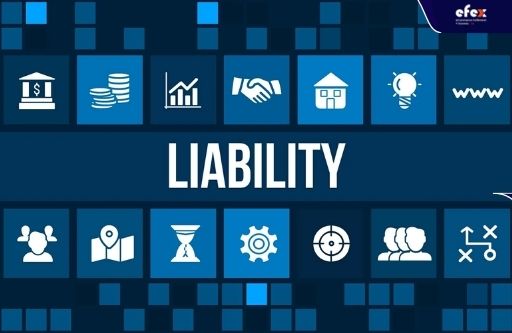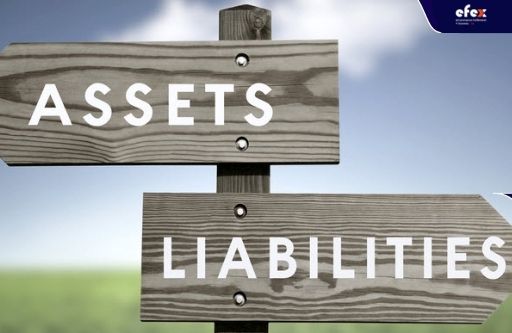
More Helpful Content
"Inventory" is classified as an asset under GAAP (generally accepted accounting principles). However, under some conditions, inventory can transform from a valuable asset to an onerous liability. When inventory surpasses its sales rate or becomes unsellable, the asset becomes a destructive expense, causing actual costs and obliterating cash flow. This blogpost on "Is Inventory An Asset Or Liability?" will define it clearer, as well as answer several other frequently asked questions about inventory and assets.

Any good or resource that is used to produce cash flow, reduce expenses, or bring future economic benefits to an individual, business, or government is considered an asset. Assets have monetary value and can aid a firm's operations, increase the value of a company, or increase a person's net worth.
Examples of assets are as follow:
Inventory is included as an asset because you spent money on it and it has worth. Inventory is defined as anything that will be used in future business operations. This term includes products purchased for resale, such as shirts or pants for a clothes store. It also contains parts you have on hand that will go into goods you build, such as wood and screws if you construct furniture. Inventory includes finished objects that have not yet been sold, such as furniture or baked goods. Although they are not included in your cost of products sold, supplies like paper clips that you use to support business activities rather than resell qualify as inventory.
Liabilities are the obligations or debts owed by your company that must be paid in the future. This is the money you must repay, the commodities you must deliver, or the services you must provide. These obligations stem from previous transactions and must be settled using the company's assets.

Examples of liability are as follows:
Inventory isn't technically a liability in the accounting sense of representing anything you owe, but it can be viewed as a disadvantage or negative in another sense. When you have too much inventory, it becomes an issue. If you have merchandise that the business won't need in the near future, you may run out of cash for urgent expenses like rent or payroll. If you have more goods than you can reasonably keep, you'll have to deal with clutter, which slows down your operations and costs you money in payroll. Consumer tastes fluctuate, and it's impossible to forecast what your consumers will buy far into the future, so inventory can be a liability. If you acquire too much of what your customers want right now and demand changes, you can end yourself having inventory you can't sell.
Inventory is an asset and inventory as liability are two different things. Maintain enough stock to avoid running out, but not more than you require. Develop partnerships with vendors who can swiftly deliver what you require, allowing you to order on the go. The Toyota firm pioneered this inventory management technique, which is known as "low inventory." It takes practice to keep the appropriate amount on hand; you'll always be short, but lean inventory saves money in the long run by minimizing waste and saving time.
If inventory depreciates in value, a company may consider it a liability. For example, when a new version of an electronic appliance is released in the consumer market, current units become obsolete, and their value depreciates. It becomes a liability after the value has depreciated beyond the expense of storage.
👉 Read More: Is Inventory An Asset Or Expense: Definition and Example
👉 Read More: Is Inventory A Current Asset: Definition and Example

The article on solving the question of is inventory an asset or liability has shown you two aspects of inventory. If the inventory is received and sold within three to four months, the goods will generate sales, gross margin dollars, and net profit. At that time, inventory is considered an asset. In contrast, if there are some considerable costs involved with having inventory in excess of the sales rate, or you have more goods than you can reasonably keep, inventory will be a liability. Hope you can enjoys with article.


